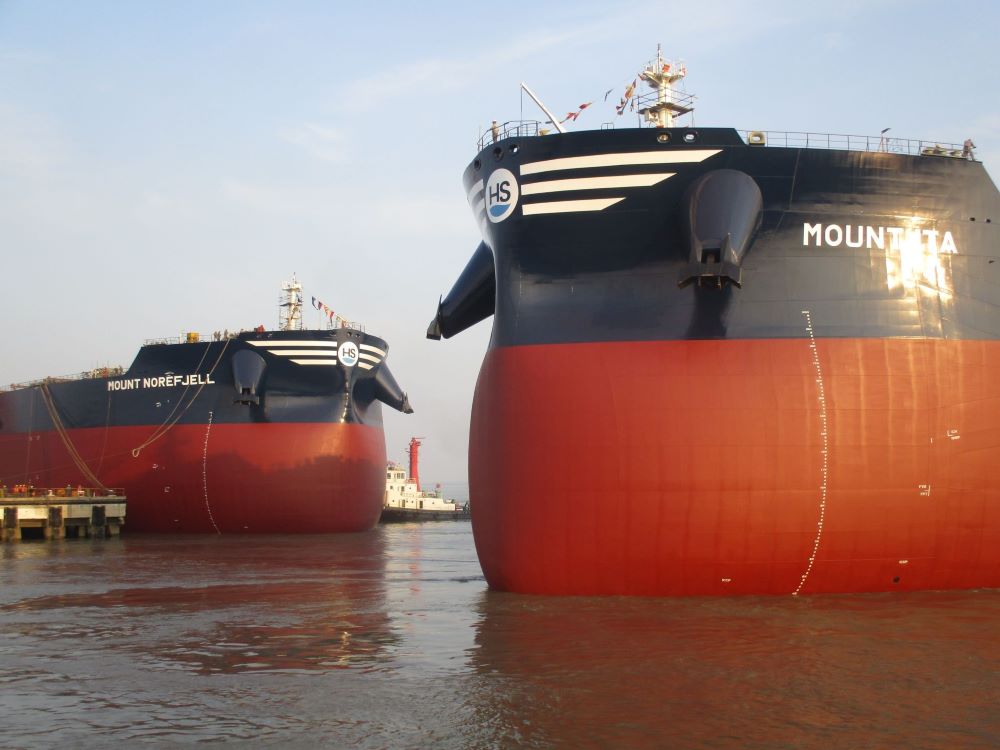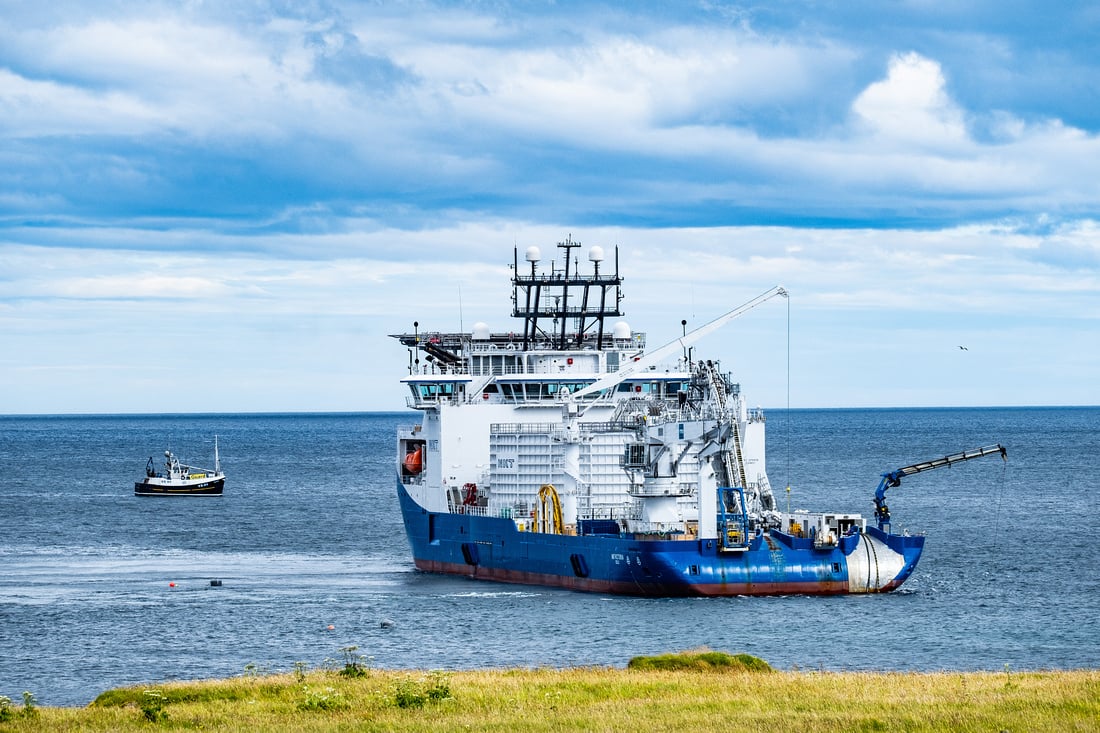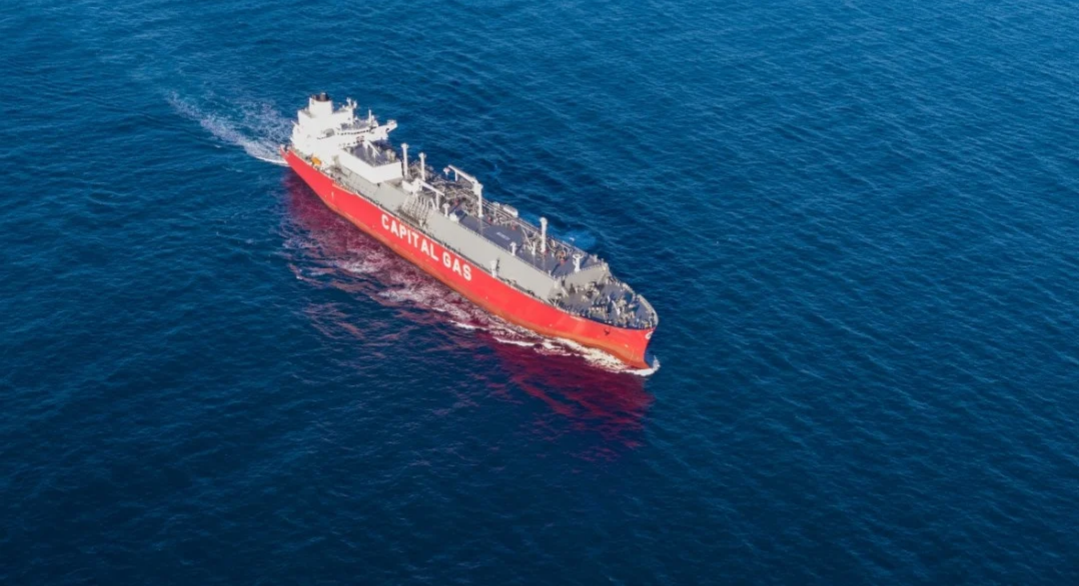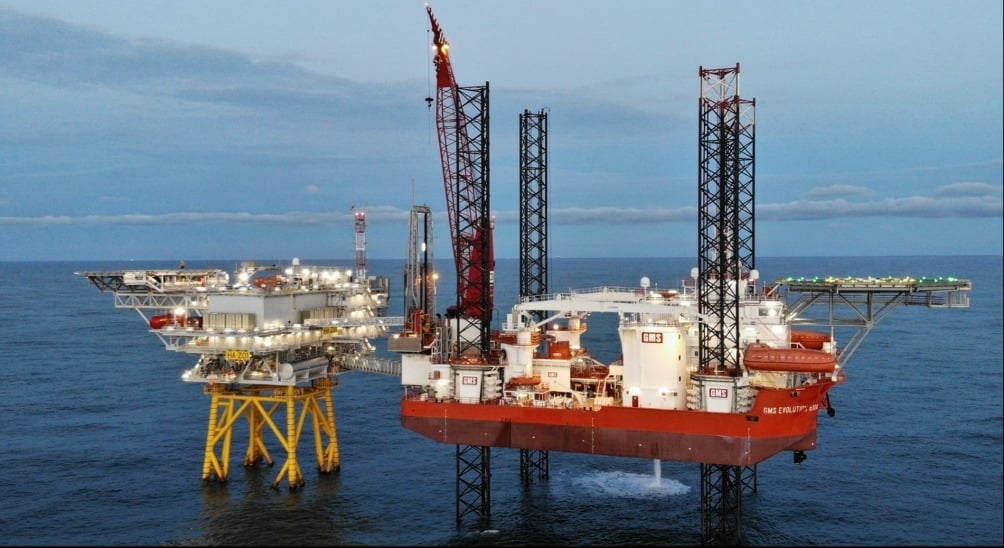发动机巨头瓦锡兰和达飞再度合作
作者: 发布时间:2023年08月02日 浏览量:556 字体大小: A+ A-
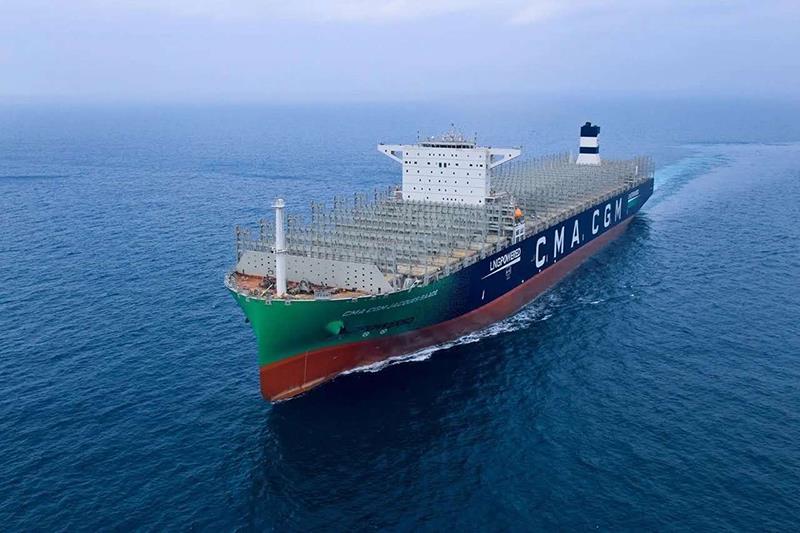
图片来自网络,版权属于原作者
瓦锡兰技术集团赢得了为法国达飞轮船公司(CMA CGM)供应甲醇燃料辅助发动机的合同。
这批发动机是为中国大连造船厂正在建造的 6 艘 15,000 TEU 集装箱船订购的。瓦锡兰已于2023年第二季度获得该订单。
这六艘集装箱船将是达飞海运订购的第一批使用甲醇燃料的船舶,因为该公司正在寻求投资替代燃料,以实现其运营的低碳化。
达飞海运今年早些时候签署了一份价值 30 亿美元的大单,向中国船舶工业集团公司(中船集团)订购 12 艘 15000 TEU 甲醇双燃料动力大型集装箱船和 4 艘 23000 TEU 液化天然气双燃料动力集装箱船。
CMA SHIPS 副总裁 Xavier Leclercq 说道:"我们的目标是到 2050 年实现碳中和。通过在我们未来的船队中安装甲醇系统,我们将为实现这一目标做出重大贡献。为此,我们需要瓦锡兰在开发可使用新型、可持续船用燃料的可靠发动机方面所提供的经验和技术领先优势。"
瓦锡兰船舶动力业务总裁Roger Holm表示:"我们与达飞轮船公司密切合作多年,两家公司都致力于实现海上作业的低碳化。因此,我们很荣幸被选中为这些新造船提供甲醇燃料发动机。我们期待与达飞轮船继续合作,为行业创造更负责、更高效、更可持续的运输解决方案。“
瓦锡兰为每艘船提供的全套设备包括三台六缸和一台七缸瓦锡兰32M发动机,均安装有选择性催化还原(SCR)系统。
设备计划于2024年底开始交付,船舶预计于2025年秋季交付。
瓦锡兰与瑞典轮渡运营商史丹纳航运公司(Stena Line)最近达成合作,将该航运公司的部分船舶改装为使用甲醇燃料。
改装工作包括燃料供应系统和发动机改装,以及将新装置与船舶现有系统集成。
甲醇正迅速成为海运业去碳化和采用可持续做法的集体努力中的一个重要燃料选择。甲醇之所以越来越受欢迎,可归因于几个关键因素,例如其无须改造即可使用的特性,可无缝集成到现有基础设施和发动机中,易于处理和储存,并可减少温室气体排放。
(本文版权归国际海事信息网所有,图片版权归原作者,转载请注明出处。)
CMA CGM turns to Wärtsilä for methanol-fuelled auxiliary engines
Technology group Wärtsilä has won a contract to supply methanol-fuelled auxiliary engines for the French shipping company CMA CGM.
The engines have been ordered for six 15,000 TEU container vessels which are being built at the Dalian Shipbuilding yard in China. The order was booked by Wärtsilä in Q2 2023.
The six container vessels will be the first CMA CGM vessels ordered to operate on methanol fuel as the company pursues investment in alternative fuels to decarbonize its operations.
CMA CGM signed a massive deal worth $3 billion earlier this year, ordering twelve 15,000 TEU methanol dual-fuel powered large container ships and four 23,000 TEU LNG dual-fuel powered container vessels, from China State Shipbuilding Corporation (CSSC).
“Our goal is to achieve carbon neutrality by 2050. By fitting our future fleet with methanol systems, we will be making a serious contribution towards achieving this target. For this reason, we require the experience and technological leadership that Wärtsilä provides in the development of reliable engines capable of operating with new, sustainable marine fuels,” said Xavier Leclercq, Vice-President of CMA SHIPS.
“We have worked closely with CMA CGM for many years, with both our companies sharing a commitment to decarbonising marine operations. We are, therefore, honoured to have been selected to supply the methanol-fuelled engines for these newbuild vessels. We look forward to continuing to collaborate with CMA CGM on creating more responsible, more efficient, and more sustainable transportation solutions for the industry,” said Roger Holm, President of Wärtsilä’s Marine Power business.
For each of the vessels, the full Wärtsilä scope includes three six-cylinder and one seven-cylinder Wärtsilä 32M engines fitted with selective catalytic reduction (SCR) systems.
The equipment is scheduled for delivery commencing in late 2024, and the vessels are expected to be delivered in autumn 2025.
The order is being revealed on the back of a recent partnership between Wärtsilä and Swedish ferry operator Stena Line on the conversion of some of the shipping company’s vessels to methanol fuel.
The conversions will include the fuel supply system and engine modifications, as well as integrating the new installations with the ships’ existing systems.
Methanol is fast emerging as a prominent fuel choice in the maritime industry’s collective efforts to decarbonize and embrace sustainable practices. Its rising popularity can be attributed to several key factors, such as its drop-in characteristics enabling seamless integration into existing infrastructure and engines, ease of handling and storage, and reduced greenhouse gas emissions.
来源:simic



